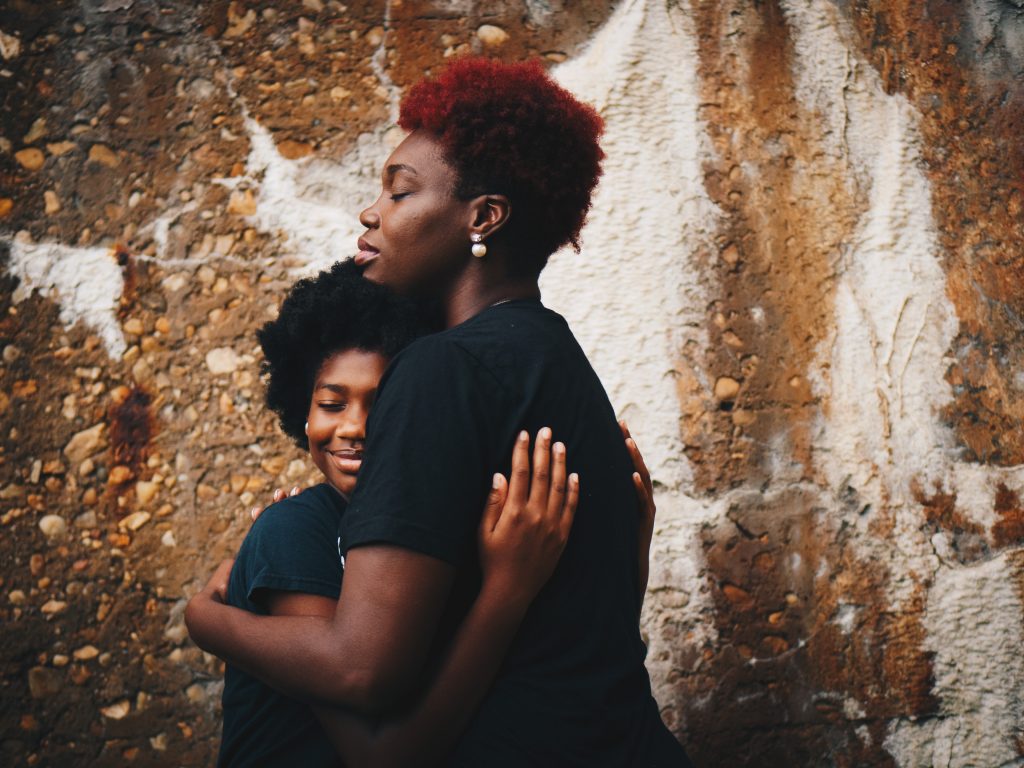
What to Do

MINDFULNESS EXERCISES
These exercises and videos can help you develop a regular Mindfulness practice. Read More>

WISE MIND
Wise Mind is the synthesis of Emotion Mind and Rational Mind. It’s a state we all try to achieve, especially for decision-making. Read More>
0 Comments